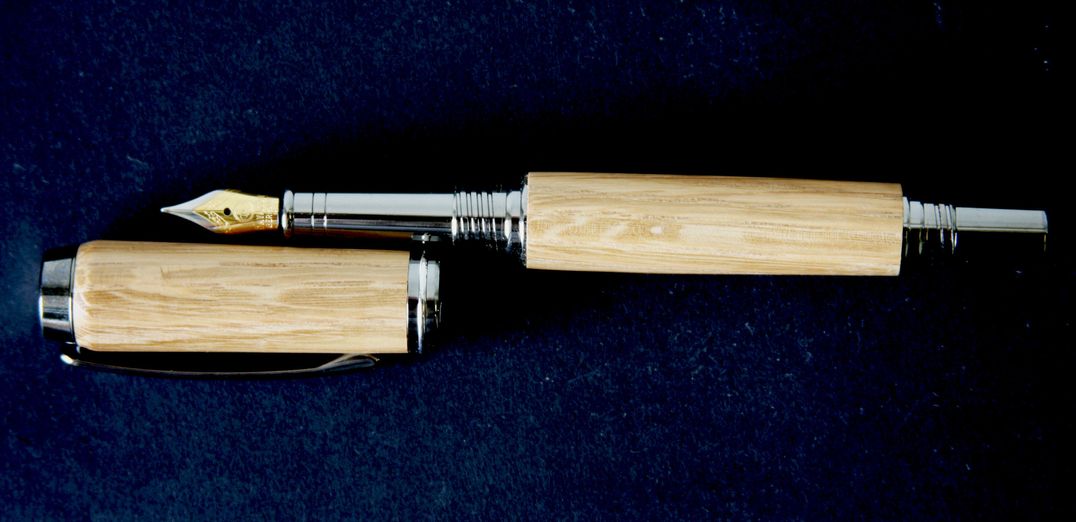Maker seeks ‘witness wood’ for unique pens
Published 5:12 pm Monday, February 4, 2019
From his home in the snow-covered plains of Montana, Gary Strobel laughs at the prospect of cold weather being made into news.
“Around here, you kind of get used to it,” Strobel said. “It keeps the riff-raff away.”
But even from his icy perch in Big Sky Country, Strobel is on the hunt for a unique historic artifact from the Queen City.
By trade, Strobel is a world-traveling scientist and currently Professor Emeritus at Montana State University where he has spent more than 50 years studying plant microbes and the various functions they serve for humanity.
In that capacity, Strobel has traveled to every rainforest in the world, received numerous awards, been published internationally and hold a number of U.S. and international patents.
It was in these travels that Strobel began collecting bits of wood from rainforests and crafting them into ornate pens.
“They don’t do anything except sit there and look pretty,” Strobel said of his rainforest pens.
It wasn’t until he visited his sister in Tennessee that he got the idea to make a new kind of pen using a new kind of wood.
While in Tennessee, Strobel visited Franklin, the site of one of the Civil War’s most brutal battles, and began hearing stories of a pecan tree that sat near the old battlefield.
The tree had died and been cut down and Strobel secured a bit of wood from the old tree and crafted one of his pens.
Once the pen was crafted, he sent it to the old battle site’s gift shop and allowed it to be sold at no profit to himself.
The wood he used for these pens is called “witness wood,” because these inanimate objects were on-hand for some of the nation’s most historic events.
Today, Strobel has crafted around 150 pens from Civil War battle sites across the nation, from Virginia to New Mexico.
“I don’t know another person in the country that’s done anything like this,” Strobel said. “They’re just immediately gobbled up.”
According to Strobel, his pens have raised thousands of dollars for the site in Franklin and hundreds for the historic site of Appomattox.
While he has had the fortune of receiving bits of wood from all across the nation – only a scrap 10 inches long and about one-and-a-half inches in diameter is needed to craft two pens – Strobel is hoping he can get his hands on “witness wood” from the Battle of Selma.
Though he was inspired to take on the effort because of the importance of the Civil War in American history, Strobel has a more existential reason for taking an interest in the war that divided the nation.
“I’m trying to understand why we would do this to each other and I can’t figure it out,” Strobel said. “It’s a challenge to my small mind to figure out why an American would pick up a gun and shoot another.”
If you have any information that might help Strobel in his pursuit of “witness wood” that was standing during the time of the Battle of Selma, contact him at 406-581-1707 or email him at uplgs@montana.edu.






